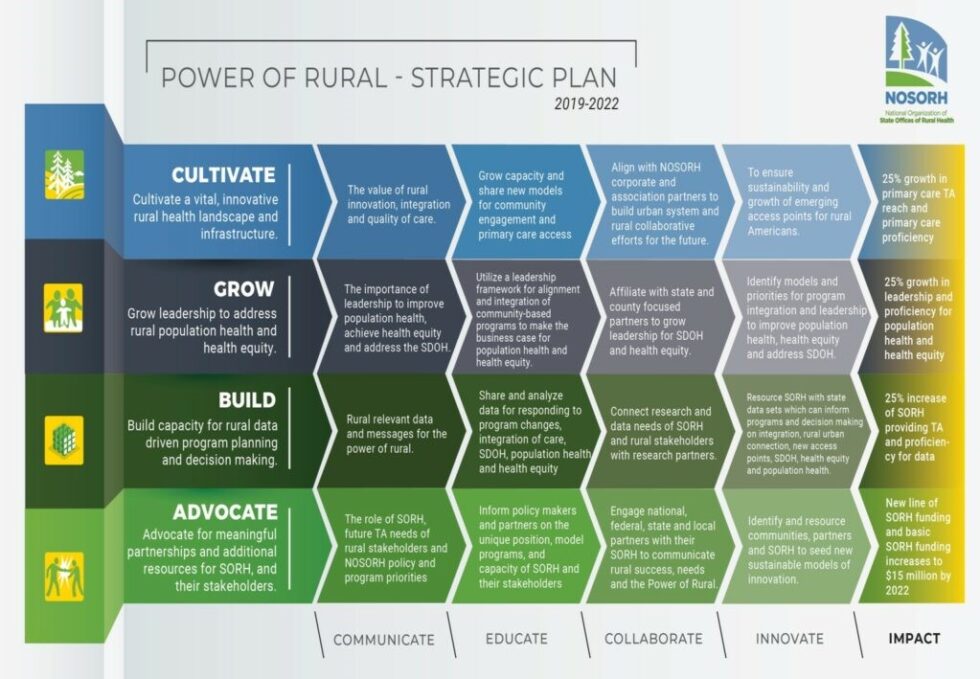The U.S. Department of Agriculture recently announced an Emergency Rural Health Care Grant Program with more than $450 million in available funds. The program is designed to assist rural areas broaden access to COVID-19 testing, vaccinations, healthcare services, and food assistance through food banks and distribution facilities. There are two available tracks of funding:
Track One: Recovery Grants which are designed to provide immediate relief in addressing economic conditions arising from the COVID-19 pandemic. Grant awards range from $25,000 to $1 million with a total of $350 million available. Track One: Recovery applications will be accepted on a continual basis until funds are exhausted. Each Rural Development state office will conduct an initial review, rating, and selection of complete applications received by 4 p.m. local time on October 12, 2021. Rural Development will conduct subsequent reviews as long as
funding remains available.
Track Two: Impact Grants are earmarked to advance ideas and solutions to solve regional rural healthcare issues and support the long-term sustainability of health care in rural areas. The USDA defines long-term sustainablity as “improved health outcomes, improved access to quality health care, and creating and maintaining sustainable economic development for small communities.” Grant awards range from $5 million to $10 million with a total of $125 million available. Track Two: Impact applications must be received by the applicable Rural Development office by 4 p.m. local time on October 12, 2021. Track Two: Impact applications received after October 12, 2021 will not be considered.
Public bodies, community based nonprofits, and Federally recognized tribes may apply. Track Two: Impact Grant applicants need to establish a network of organizations consisting of health care provider organizations, economic development organizations, federally recognized tribes, or institutions of higher learning (which may include academic health and research institutes). Rural areas with no more than 20,000 residents, as determined by the latest U.S. Census Data, may apply and the projects for which they intend to use grant funds must be located in and primarily serve rural areas. Grants can cover up to 75% of eligible project costs based on both the population and median household income of the target population served.

